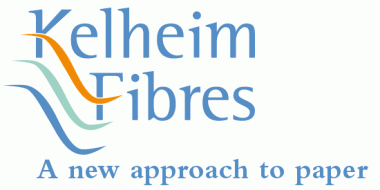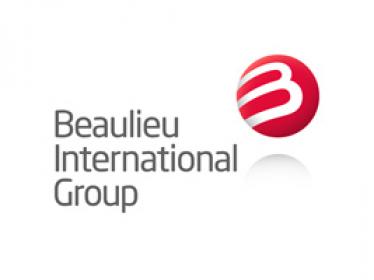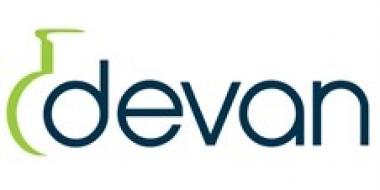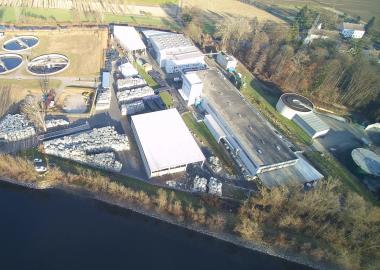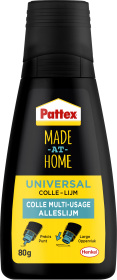Meet the new FW 21-22 Riri Group collection
- Technology, creativity and sustainability
- Recycled materials, bright colours, eclectic shapes: excellence is in the details, and the new creations by the Italian-Swiss group have plenty to say.
Mendrisio – Looking at the new Fall-Winter 2021-2022 collection of the Riri Group, it almost seems as if the difficult months to which the pandemic has forced the whole world, have been another new – though unwanted – challenge for the Italian-Swiss company. A testbed that sparked the mind and lit the fire of creativity. Therefore, today, the brand ingredient which for over 80 years has embellished the
garments designed by major fashion system brands with top-quality zips and buttons, also introduces a wide range of heterogeneous creations, intended to cover different aesthetic and functional requirements on the market.
This collection has been divided into three macro-topics; it is a new chapter in the history of the Group.
LIFE SERVING
Keyword: sustainability. Or, more romantically, “Reuse with love”. From the use of materials produced using organic waste and recycled plastics to actual destocking – the re-introduction on the market of unsold items to give them new life through a restyled shape: the topic of “life serving”, for Riri, translates into the meticulous and constant search for materials with a low environmental impact and in the committed attempt to reduce the use of plastic to a minimum. This is why the Group has decided to use recycled polyester tapes, made with new organic cotton, pullers coated with cork, created using 100% recycled plastics or rubber taken from the sole of shoes. Stainless steel – an exceptionally resistant and sturdy material, as well being subject to no galvanic treatments and highly recyclable – characterizes chains and pullers, while the Nylon zip consists of fully recycled tape and chain, and Decor introduces a new 100% polyamide version. On the button side, “life serving” includes buttons with a cork coating, the Zero button with coating made of recycled Meryl polyamide and the F4 with a 100% recycled Nylon head and the heads made of APILON 52 (rubber made of 65% vegetable oils and energy from renewable sources) coated with microfiber from the company Alcantara.
ENGINEERING
This is definitely the most rigorous yet progressive section in the collection, drawing on technological innovation and on uncertainties related to the current situation, to play with shapes, colours and materials. Between zips and buttons there is a prevalence of squared and minimal shapes, also on the tapes of the zips through sublimation and digital printing techniques. The leading colour is grey in its variation of hues, where the insertion of coloured tones sometimes stands out. The leading material, on the other hand, is metal.
OVER SHOCK
A creative topic where “exaggeration” is the keyword, a trend whose style and character somehow remind us of Gen-Z, apart from being especially suitable for outdoors. “Over state” uses the hip hop mood and settings of the Nineties, taking them to the extreme, enlarging shapes and focusing on bright and fluorescent colours such as purple, yellow, blue, orange or green. An example of this is Storm Evo, a zip which is popular in the outdoor sector for its high levels of water resistance and strength, which features a new electric blue chain and tape with reflecting side strips. Also outstanding in terms of originality is the new purple puller, with its anti-theft shape, fixed onto a fluorescent yellow chain. The perfect expression of this category are zippers such as Decor, Nylon and Aquazip, especially recommended for the outdoor sector in general.
COLLECTION HIGHLIGHTS: RESTYLING AND INNOVATION
All the macro-categories selected for the FW 21-22 seasons are included in some special product innovations, most notably the even more minimal and thin shapes of some buttons and the introduction of five different colours for the small synthetic ring, a real point of strength in Cobrax pressure buttons. Also the range of magnetic buttons is complemented by the addition of two extra snaps. As regards zips, the Riri Group team has been working on careful restyling of shapes, more specifically in the shapes of Decor zip bodies – ideal for the luggage industry – further improved from both an aesthetic and functional viewpoint.














